India’s Operation Sindoor has reportedly killed 10 members of terrorist Maulana Masood Azhar’s family in Pakistan. The Indian armed forces launched overnight strikes on nine terror sites in Pakistan and Pakistan-occupied Kashmir (PoK) on early Wednesday (May 7).
One of the sites struck by India was a Jaish-e-Mohammad (JeM) terror camp in Bahawalpur, a city in Pakistan’s Punjab. JeM, a terror organisation led by Masood Azhar, has carried out many attacks in India. India’s missile strikes come two weeks after 26 people, mostly tourists, were killed in a terror attack in Jammu and Kashmir’s Pahalgam.
But who is Masood Azhar, India’s most wanted terrorist?
Let’s take a closer look.
The ‘gifted’ orator poisoning minds with hate
Masood Azhar, a short and portly Pakistani cleric, has been promoting terrorism for decades. The son of a government schoolteacher, he studied in a seminary in Karachi.
Azhar joined the Harkat-ul-Mujahideen (HuM), a Pakistan-based terrorist outfit, in his 20s. After he was found physically unfit for jihadi training, Azhar started writing for the organisation’s monthly magazine called Sadai-e-Mujahid (Voice of the Mujahid), as per a New York Times (NYT) report.
As the magazine gained popularity, Azhar rose to the leadership ranks of the terror group.
His speeches at mosques and seminaries in foreign countries like Saudi Arabia and the United Arab Emirates (UAE), instigating his listeners to pursue jihad against India to “liberate” Kashmir, proved his oratory skills. They also brought funds for the Harkat-ul-Mujahideen.
Azhar intensified efforts to “free” Kashmir, even travelling to Srinagar in 1994. It was then that he got arrested while meeting Harkat-ul-Ansar (HuA) terrorist group’s commander Sajjad Afghani by the Indian security forces.
Both were sent to a prison in Jammu. Even in jail, Azhar continued to radicalise fellow prisoners.
In June 1999, Afghani and other inmates tried to escape, along with Azhar, by digging a tunnel. However, their plan failed and Afghani was killed.
Catch live updates on Operation Sindoor here.
The founding of Jaish-e-Mohammad
After the failed bid to escape from prison, Masood Azhar did not have to wait long for his freedom.
On December 24, 1999, five masked terrorists hijacked Indian Airlines flight IC 814, about 40 minutes after it took off from the Tribhuvan International Airport in Kathmandu, en route to Delhi’s Indira Gandhi International Airport.
Captain Devi Sharan, the pilot on board, was forced to fly the hijacked plane to Lahore. However, Pakistan denied permission for the flight, which was carrying 180 passengers, including the crew, to land.
The plane, running low on fuel, was then diverted to Amritsar for refuelling. The hijacked flight landed in Amritsar and there are claims that the Indian government did not act fast enough to stop it from leaving Indian soil.
As there was no fuel truck in sight, the hijackers grew suspicious of the time it was taking for refuelling and threatened to kill hostages if the pilot did not take off. After a few stops, the aircraft eventually ended up landing in Kandahar in Afghanistan, which was ruled by the Taliban.
The hijacking resulted in India releasing three jailed terrorists: Ahmed Omar Saeed Sheikh, Mushtaq Zargar and Masood Azhar. “The main objective was to secure Masood Azhar, that was nonnegotiable,” CD Sahay, a senior officer from the Research and Analysis Wing (RAW), told NYT in 2022.
India later learnt that one of the hijackers was Azhar’s brother, Ibrahim.
Azhar’s release and return made him a popular figure in Pakistan. Soon, he started giving speeches endorsing jihad in Kashmir.
In March 2000, Azhar founded Jaish-e-Mohammad (JeM), which is behind several major terror attacks in India.
Jaish-e-Mohammad spreads terror in India
In October 2001, a JeM terrorist drove an explosives-laden vehicle to the gates of the Jammu and Kashmir Legislative Assembly and blew it up. Two terrorists entered the Assembly and opened fire. As many as 38 people died in the attack.
India was struck with terror again in December of that year. Five JeM terrorists breached the Parliament’s security and started shooting indiscriminately. Seven people were killed in the attack, which Indian investigators found was plotted by Azhar’s terror group, along with another Pakistani terrorist outfit, the Lashkar-e-Taiba (LeT) of Hafiz Saeed.
The 2001 Parliament attack brought global attention to JeM, forcing Pakistan to ban the organisation and put Azhar under house arrest. He was released just a year later.
Jaish remained out of the news cycle after an attack in Srinagar in 2006. However, Azhar continued to radicalise through his speeches. David Headley, a Pakistani-American who helped plan the 2008 Mumbai terror attacks, reportedly told Indian investigators that he was inspired by Azhar’s speeches at a mosque in Pakistan.
In 2016, Jaish members carried out an attack at the Indian Air Force (IAF) base at Punjab’s Pathankot, killing six security personnel. The same year, JeM terrorists donning Indian police uniforms attacked the Indian Army soldiers in the town of Nagrota, near Jammu city. Four soldiers, including an officer, were killed.
Four JeM militants attacked an Indian Army Brigade headquarters in Uri near the Line of Control (LoC) in 2016, lobbing 17 grenades. As many as 17 Army personnel died in the attack.
On February 14, 2019, an IED-laden vehicle driven by a JeM suicide bomber rammed his vehicle into a bus with the Central Reserve Police Force (CRPF) convoy at Lethpora in Pulwama. Over 40 CRPF personnel lost their lives.
India retaliated by carrying out strikes at a Jaish terrorist-training camp in Balakot in Pakistan’s Khyber-Pakhtunkhwa province.
Just two days after the Pulwama attack, Azhar threatened India with violence, asking it to “surrender” Kashmir. “He’s the epitome of a violent extremist, instigating terrorism by words,” Syed Akbaruddin, India’s then ambassador to the United Nations, told NYT.
In May 2019, Azhar was designated a terrorist by the UN Security Council (UNSC).
Pervez Musharraf, former Pakistan president, has previously admitted that Pakistan’s spy agency, Inter-Services Intelligence (ISI), used Jaish to carry out attacks in India.
Azhar, 56, is India’s most-wanted terrorist. He has remained out of the public eye since April 2019. The JeM founder is believed to be hiding in a “safe place” in Bahawalpur.
Masood Azhar’s family killed in Operation Sindoor
As per a PTI report, Masood Azhar’s 10 family members and four close aides were killed as Indian strikes targeted the JeM’s headquarters in Bahawalpur.
A statement attributed to the terrorist claims that the strikes on Jamia Masjid Subhan Allah in Bahawalpur killed his elder sister and her husband, a nephew and his wife, another niece, and five children from his extended family.
“This act of brutality has broken all boundaries. There should be no expectation of mercy now,” the statement read.
With inputs from agencies


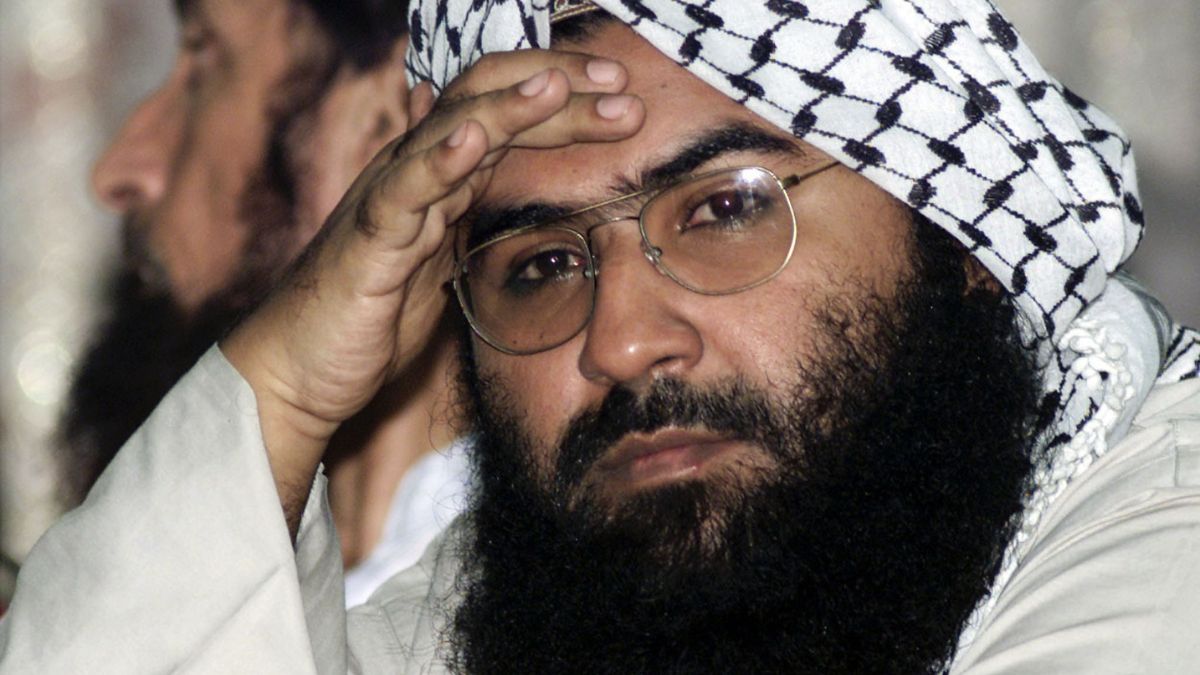)
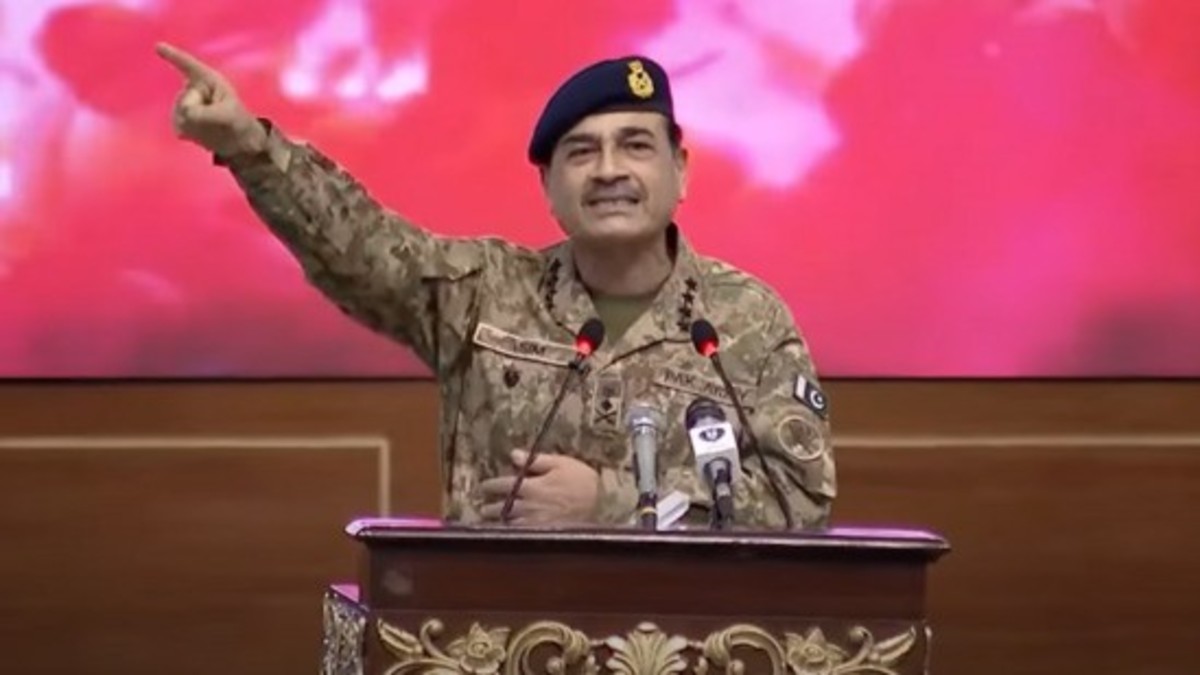)
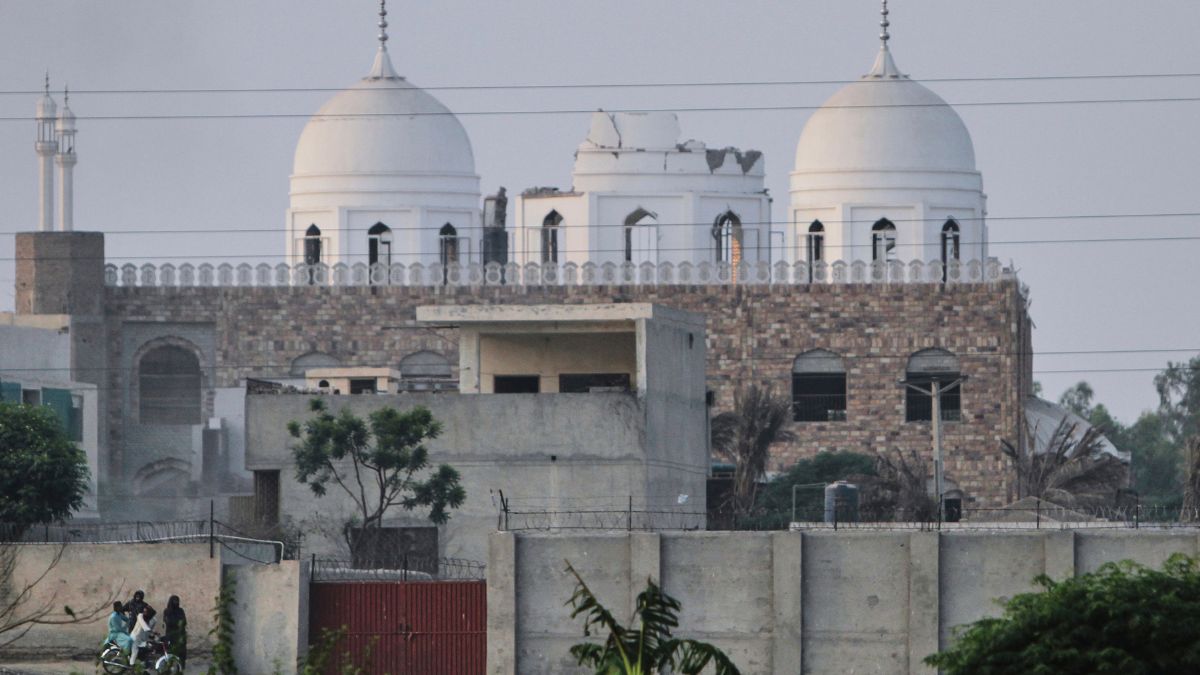)
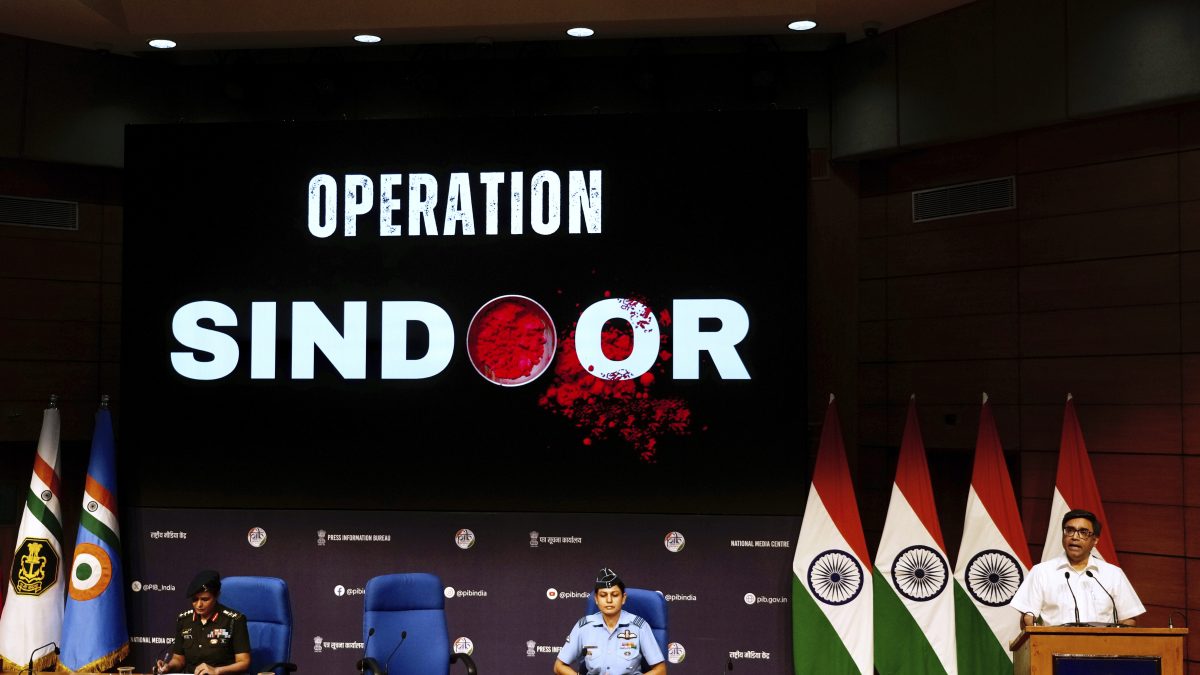)
)
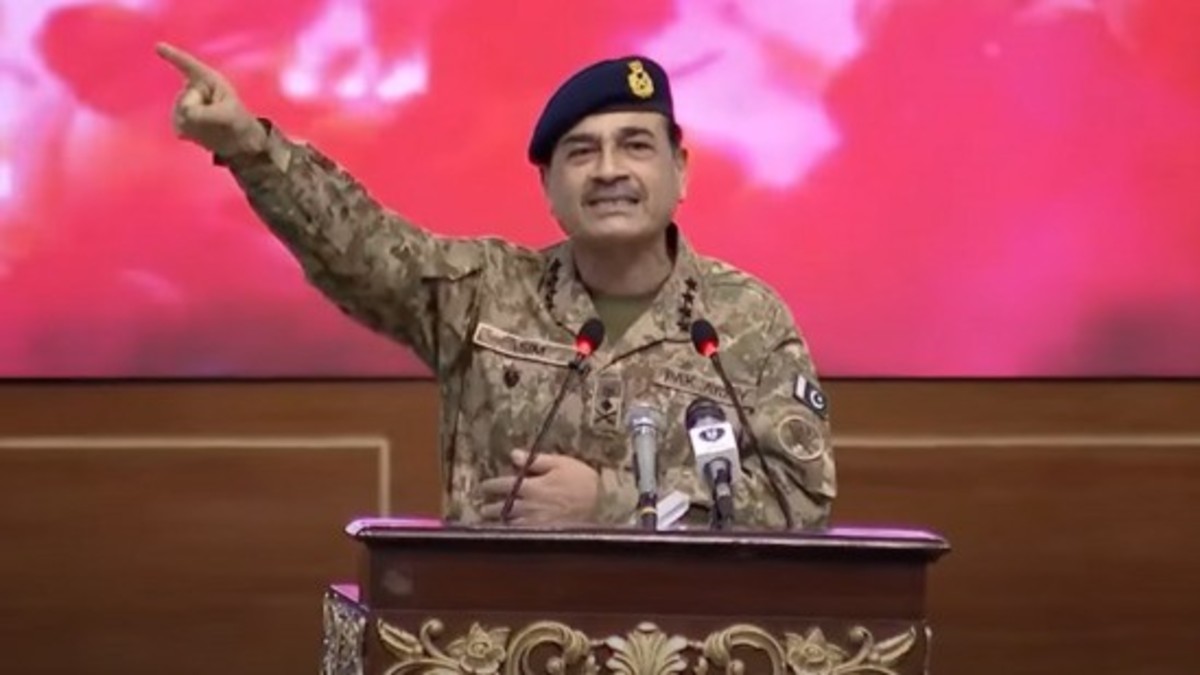)
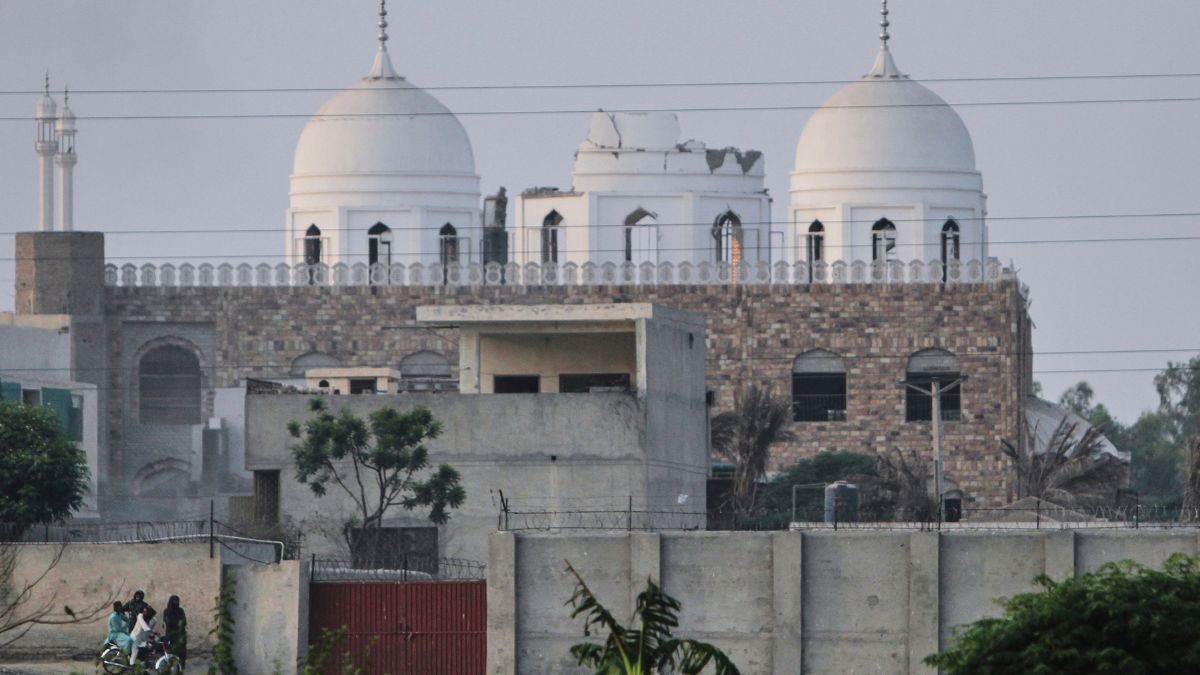)
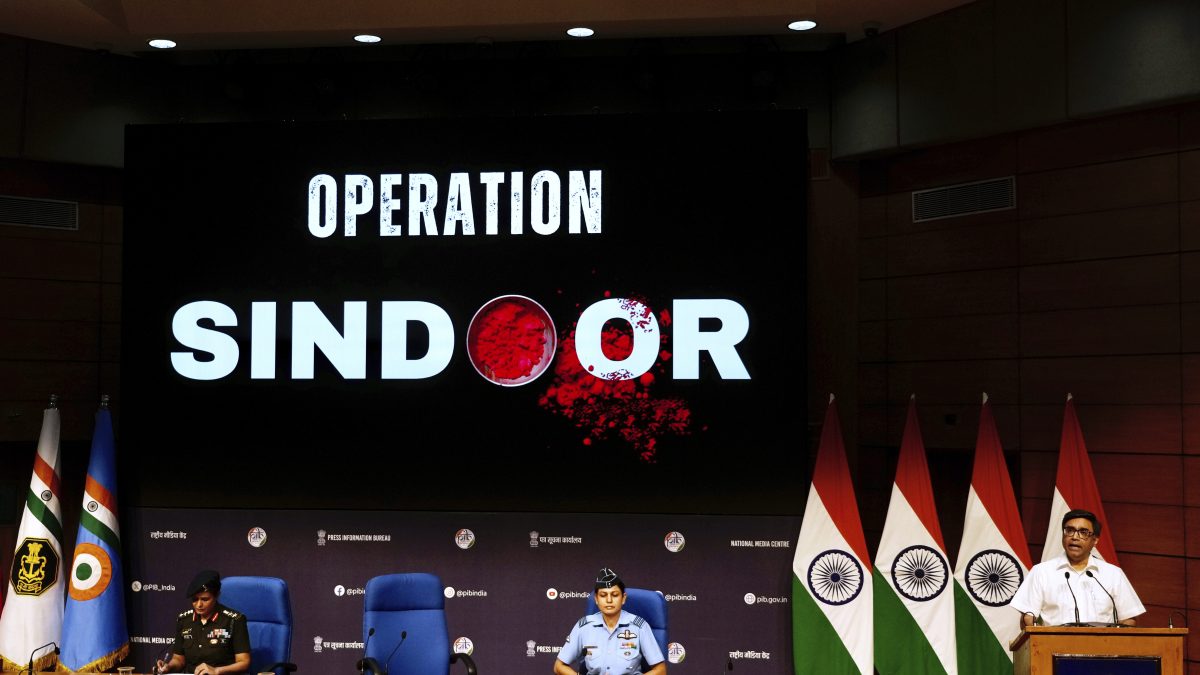)
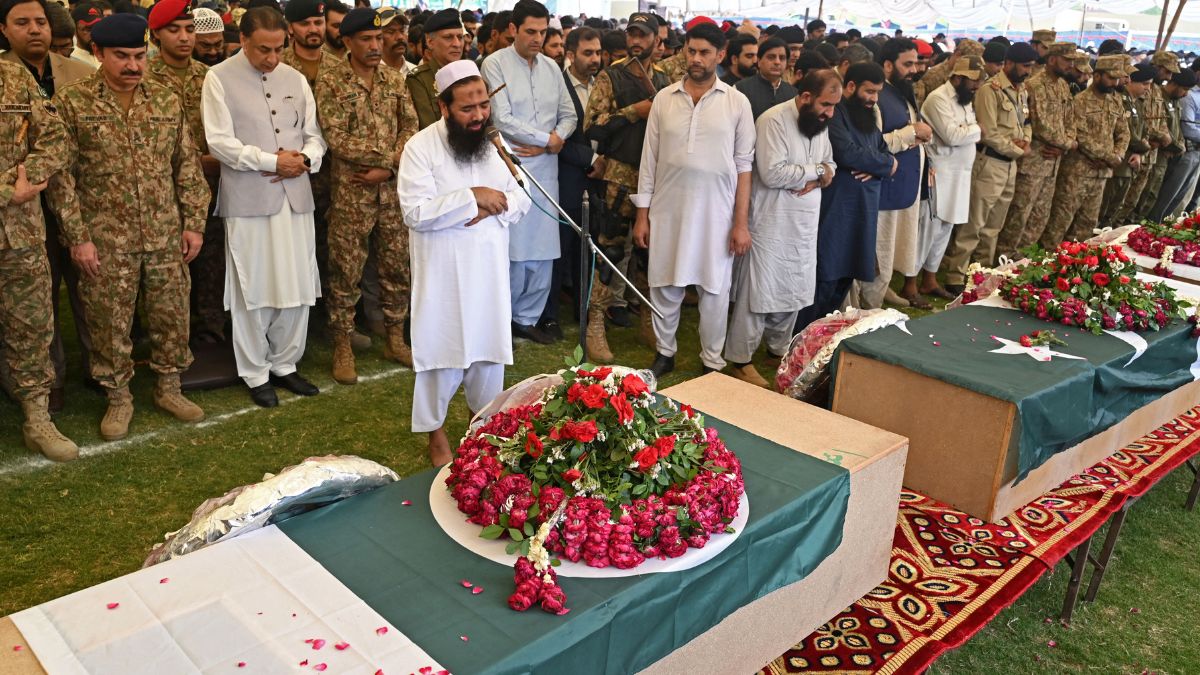)